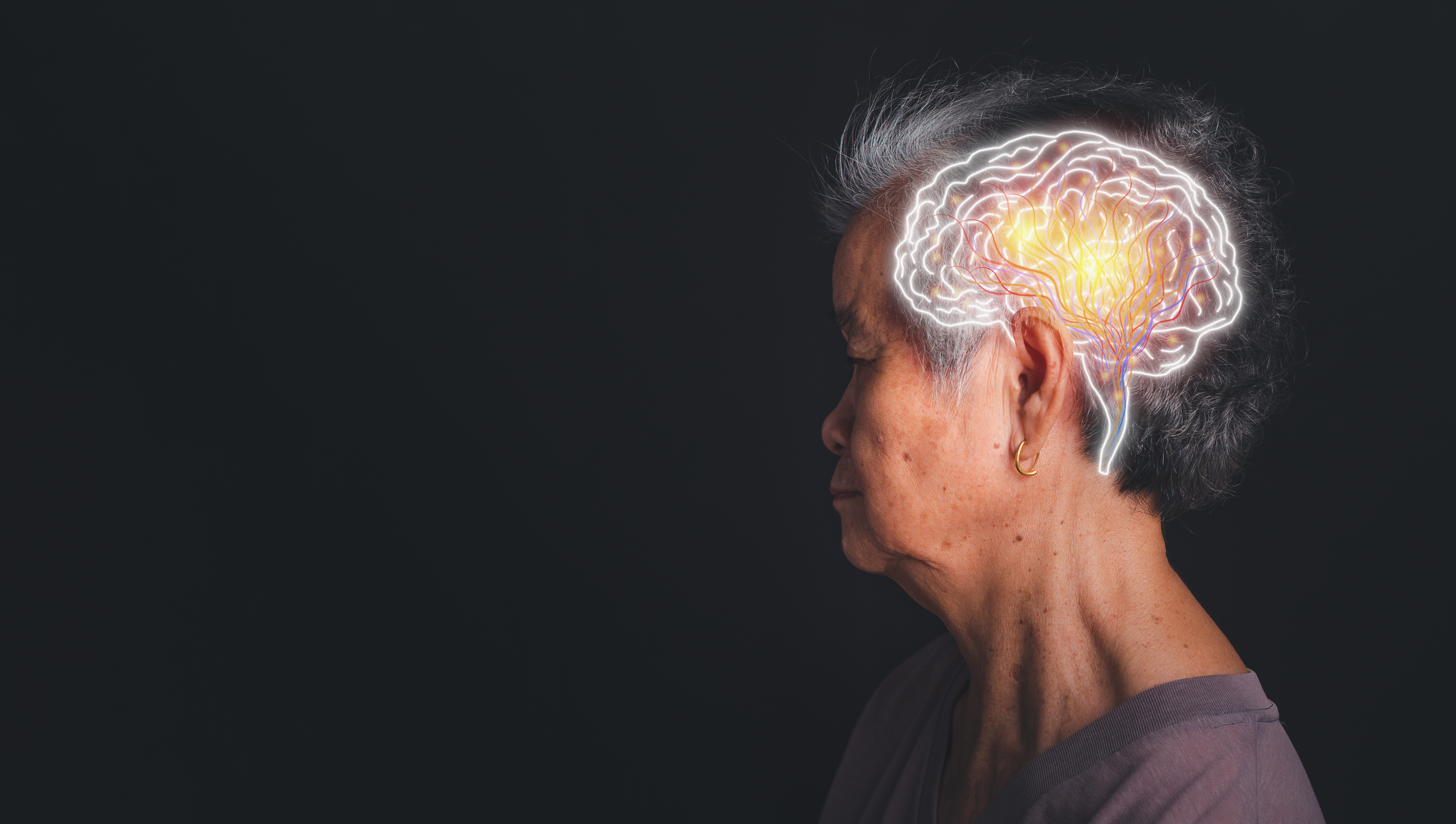News release
From:
Researchers from the University of Queensland have identified a gene associated with an increased risk of Parkinson’s Disease also contributes to a build-up of cell debris in the brain.
Dr Adekunle Bademosi from The Queensland Brain Institute said the discovery could change the focus of Parkinson’s Disease treatment.
“Our team has found that a Parkinson’s Disease-linked mutation in a gene called Endophilin A1 blocks the process by which the body and the brain recycle cell waste,” Dr Bademosi said.
Without the process, called autophagy, toxic debris builds up and neurons die – known hallmarks of Parkinson’s Disease.
“We knew we could induce autophagy in cells by starving them of amino acids and the subsequent breakdown of debris tells a protein called EndoA to approach the cell membrane and begin the recycling process,” Dr Bademosi said.
“Now we’ve also seen that regular signals between neurons in the brain starts EndoA-induced autophagy when the electric impulses trigger the release of proteins or neurotransmitters at synapses.
“Unfortunately, when the Endophilin A1 gene is affected in Parkinson’s, the protein EndoA becomes insensitive to this trigger at the synapse and the debris that should be thrown out for recycling builds up instead.”
Current Parkinson’s treatments tend to focus on clearing out the build-ups and replacing what is lost when too many neurons die.
“It may be time to shift the treatment focus to autophagy as the mechanism underlying these disease hallmarks,” Dr Bademosi said.
Exploring the use of compounds that induce or inhibit autophagy could pave the way for new, more effective Parkinson’s drugs.
UQ acknowledges the collaborative efforts of researchers in Professor Patrik Verstreken’s lab at the Flanders Institute of Biotechnology (VIB) in Belgium.
This study was published in Neuron.
Multimedia




 Australia; QLD
Australia; QLD


